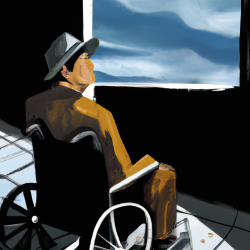November 14, 2022
Investment in real estate upgrades stalls in face of economic and business challenges
 Research by ULI and PwC claims that nearly half of Europe’s real estate leaders are concerned about buildings becoming obsolete in the next five years in the face of long-term upheavals in demographics, climate change, technology and lifestyles. Most of the 900 or so industry leaders that participated are making long-term resources available to address the fit-for-purpose agenda. However, the challenging business environment has reshuffled priorities to financing and high construction costs, and scarcity of resources has made real estate renewal more expensive to achieve, consequently delaying much needed investment. More →
Research by ULI and PwC claims that nearly half of Europe’s real estate leaders are concerned about buildings becoming obsolete in the next five years in the face of long-term upheavals in demographics, climate change, technology and lifestyles. Most of the 900 or so industry leaders that participated are making long-term resources available to address the fit-for-purpose agenda. However, the challenging business environment has reshuffled priorities to financing and high construction costs, and scarcity of resources has made real estate renewal more expensive to achieve, consequently delaying much needed investment. More →




































November 11, 2022
Problems at Twitter, grease proof chairs, and the trouble with AI
by Mark Eltringham • Comment, Flexible working, Technology, Workplace design